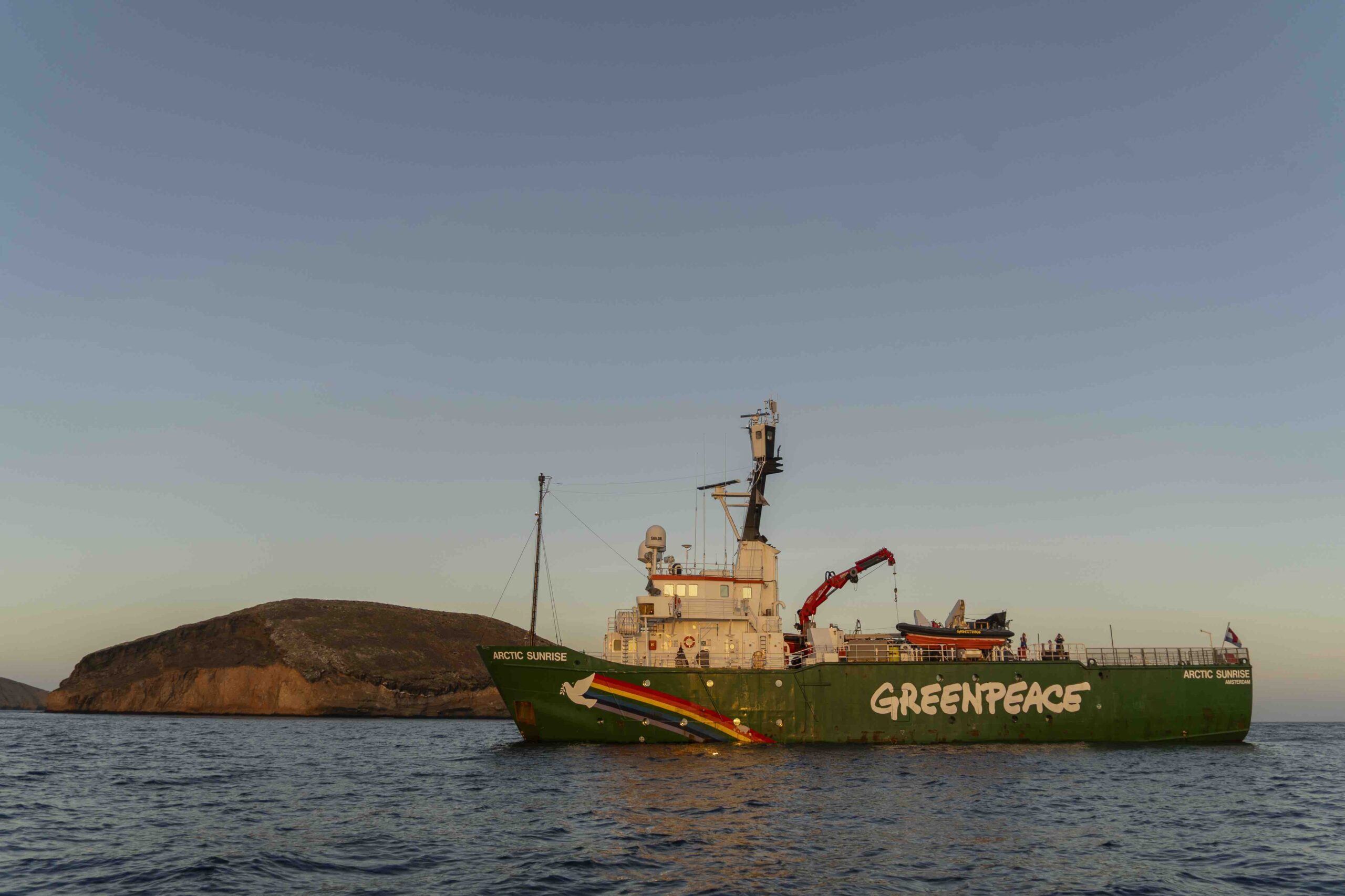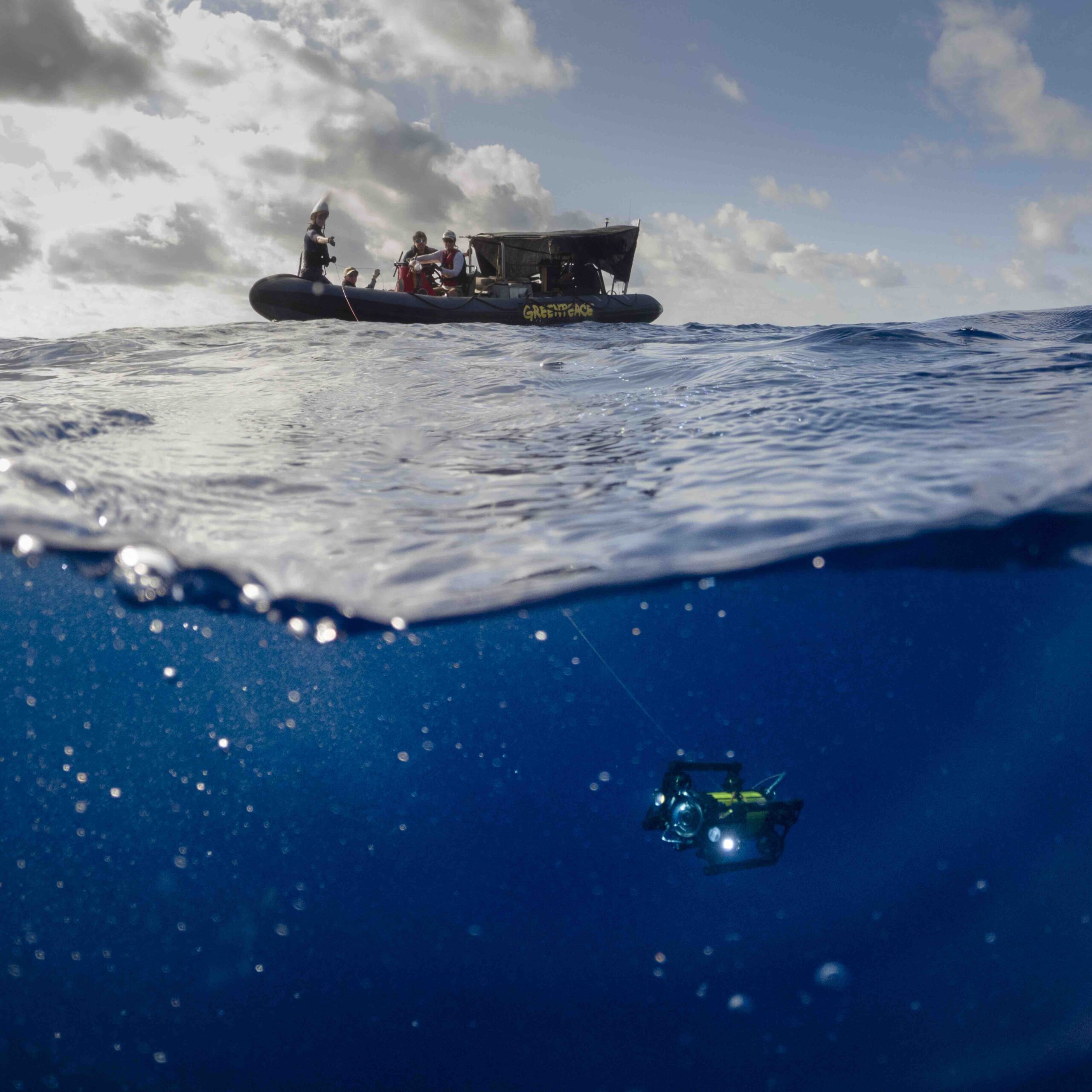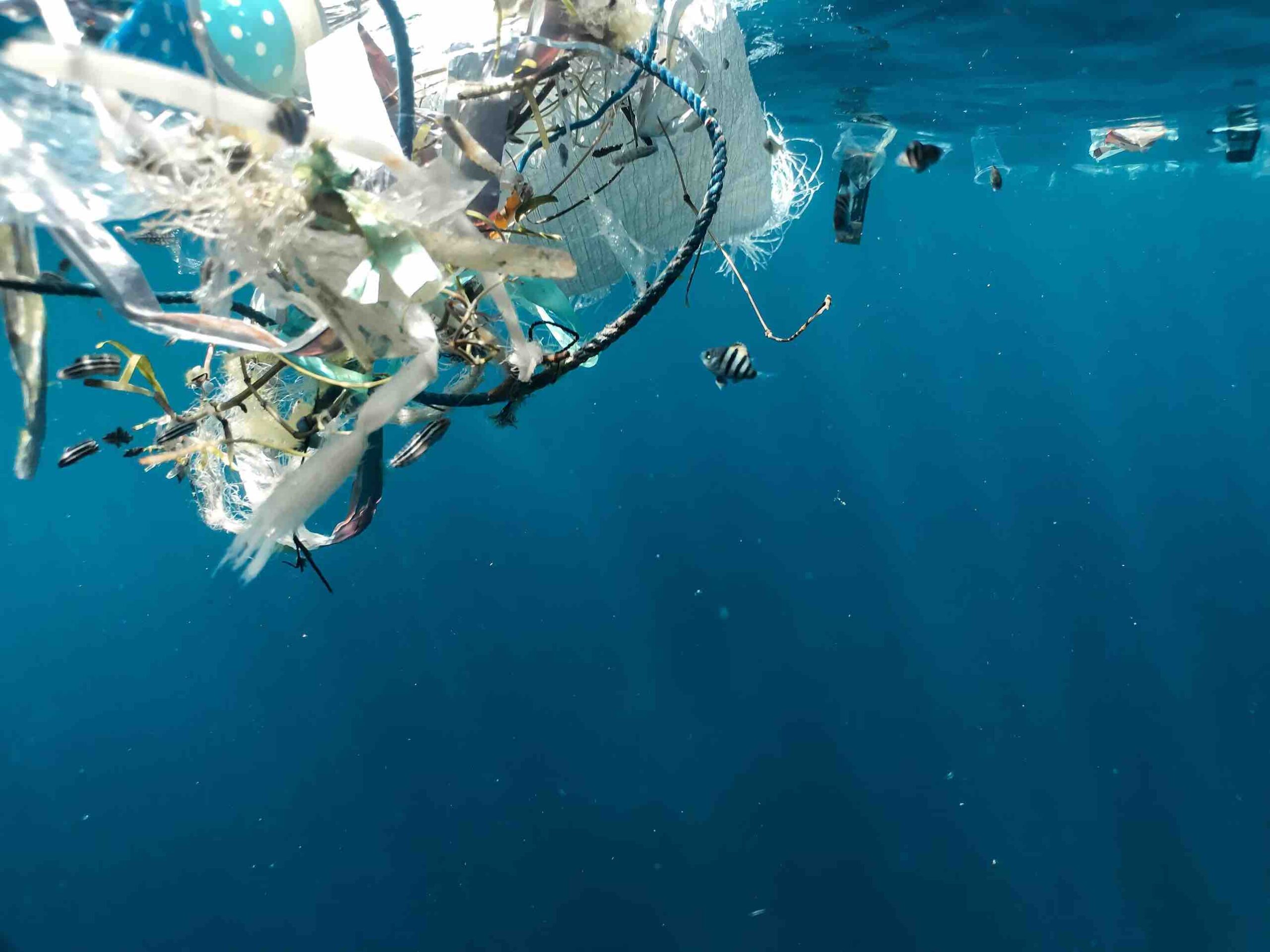Over the past two years, we have been conducting the Healthy Families Study in San Cristobal in collaboration with USFQ and funded by the National Institutes of health. In this project, we examine how the water and food environments of the Galapagos impact human health.
We have been measuring the availability of clean water and healthy foods on the islands, using a mixture of spatial, observational, and secondary analytic methods. Working with local research assistants, we also recruited 120 households to participate in a household survey to examine whether households are able to access these resources and whether their access to and the quality of food and water on the island contribute to infectious illnesses, like gastrointestinal and respiratory illnesses, and to overweight and risk of cardiometabolic diseases, like diabetes and heart disease. Participants provided information about their water sources and use, the foods they consume and shopping patterns, their health, their experiences with daily stressors, and household characteristics. Participants were weighed and had their height and blood pressure measured.
In addition, they provided finger-prick blood samples for measures of iron deficiency, glucose levels, and inflammation. We are still working to analyze much of this huge quantity of data, but our preliminary results suggest that almost 40% of participating households suffer from at least mild food insecurity and over 50% rely on purchased bottled water for their drinking water.
Even more importantly, over 1/3 of households faced limitations in both food and water, something that may increase their risk of experiencing the dual burden of both infectious disease and overweight/cardiometabolic disease.

We also saw that food and water limitations contribute to significant distress for Galapagos households. Individually, experiencing water and food insecurity were associated with stress, anxiety and depression and individuals suffering from both water and food insecurity were at greatest risk of suffering from any of these conditions. We will continue to examine the pathways linking individuals’ exposure to these water and food environments to their health and well-being. Ultimately, we hope to identify strategies to intervene to improve health and well-being for island residents.






